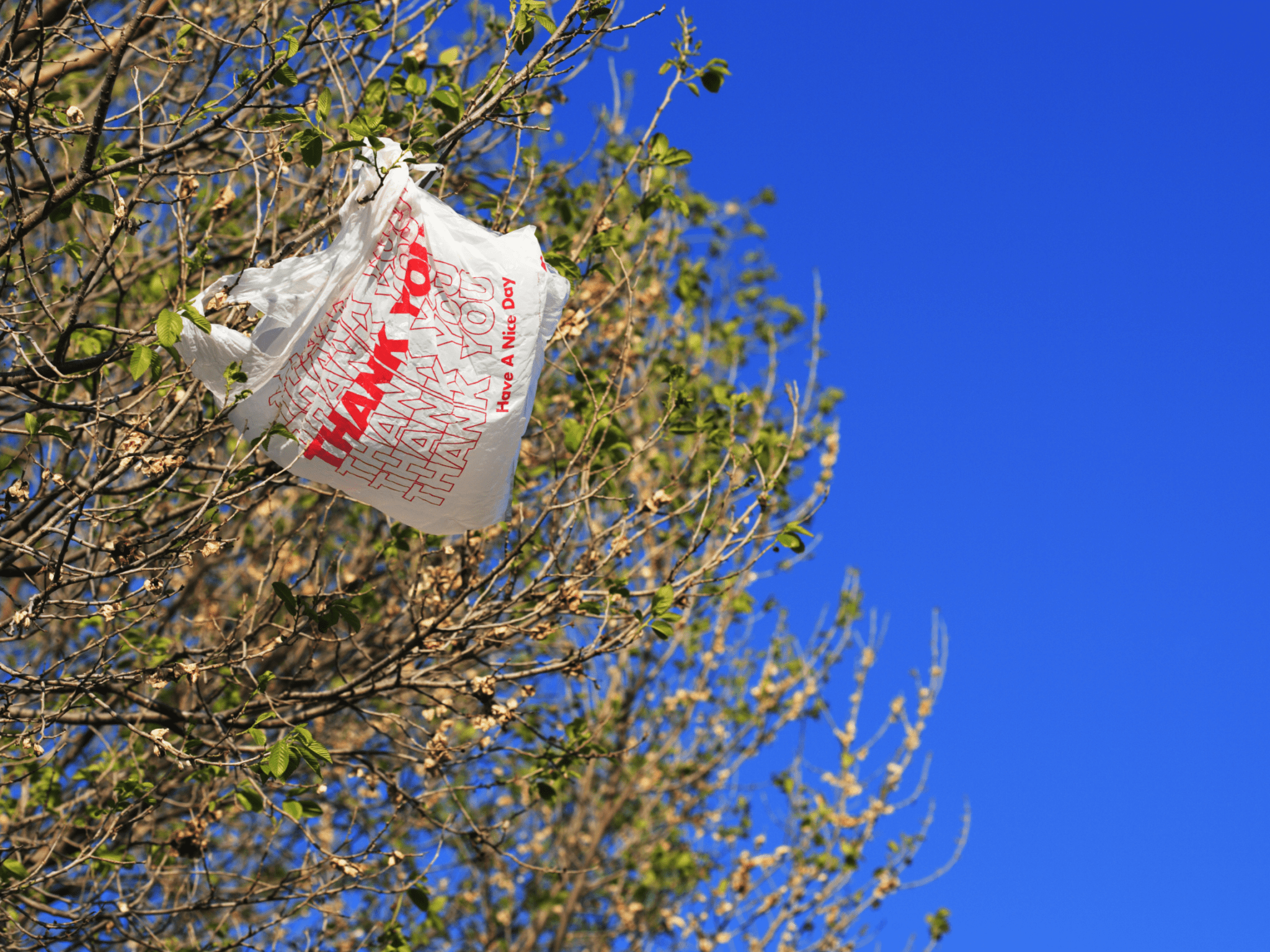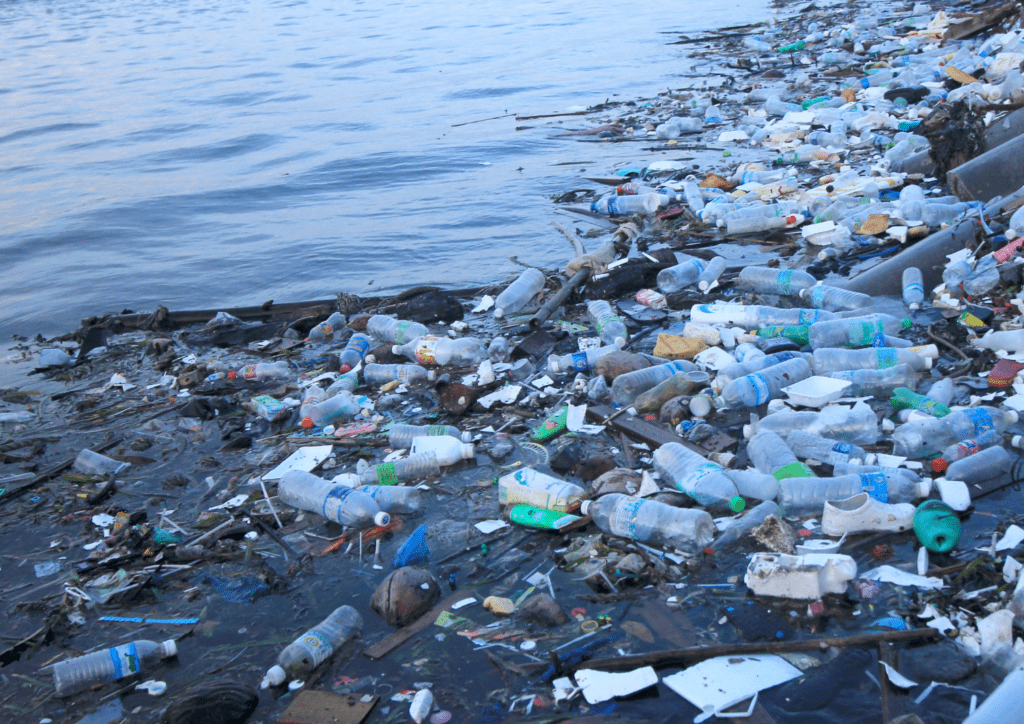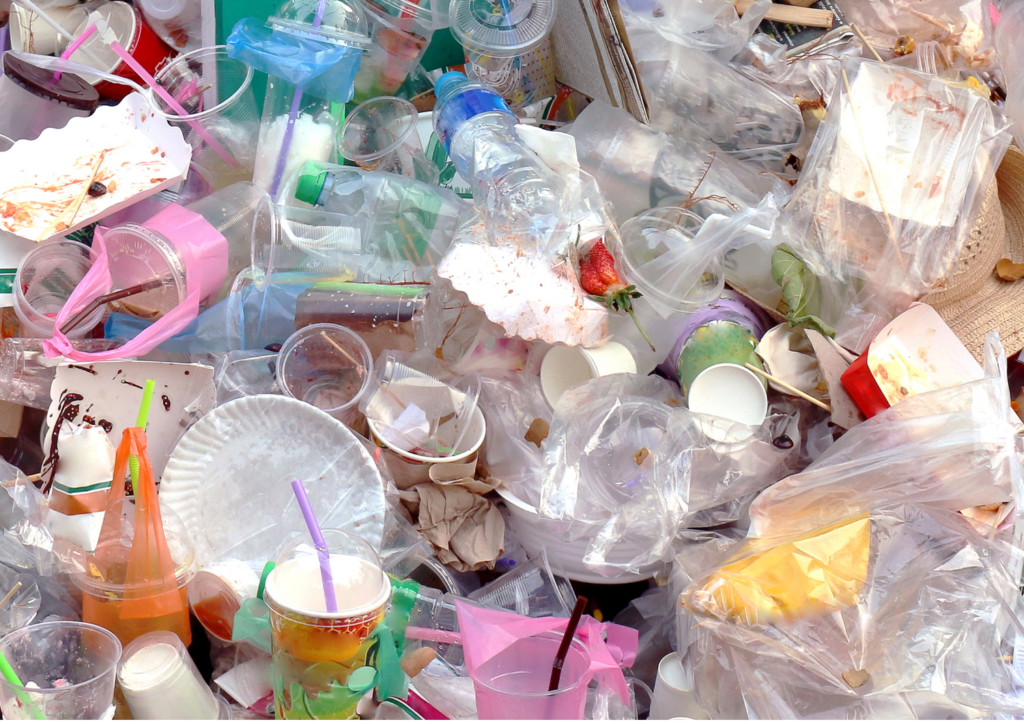Even if the latest round of negotiations toward a global plastics treaty ended last week in Geneva without an agreement, the news is better than you might think. For one thing, the majority of countries – including Canada – refused to agree to a weak treaty that would have given plastic producers a license to pollute for years to come. Environmental, Indigenous and civil society observers had spoken during the talks with one voice: a weak agreement is worse than no agreement.
What’s more, Canada made its presence known in Geneva by championing the rights of Indigenous people and insisting any treaty must include real measures to curb plastic pollution.
Minister Julie Dabrusin’s office received hundreds of phone calls from people across Canada in the days leading up to the talks and Canada showed up to the negotiations with firmer positions than ever before. It is our collective advocacy that has kept true hope alive for an effective treaty to end plastic pollution. Together, we made sure that our new government and minister were prepared to push the rock further up the hill in Geneva.
Indigenous participants also made sure that their existence and specific rights, enshrined in the United Nations Declaration on the Rights of Indigenous Peoples, cannot be ignored. Indigenous people whose territories are in Canada are often on the frontlines of the worst pollution – from production to disposal of plastics. The negotiation process was not set up to champion their rights, but as part of the International Indigenous Peoples Forum on Plastics, they have ensured their voices are heard, including in Geneva.
The number of countries seeking an ambitious treaty that can actually curb plastic production and use around the world is growing. All in all, observers recorded statements in favour of an ambitious treaty from more than 100 countries from all parts of the world.
Despite the failure of the talks in Geneva, we can take heart that the momentum towards an effective agreement continues to grow. Ambitious countries will need to strengthen their resolve to find their way out of the impasse created by a few plastic-producing countries who have put every possible obstacle in the way of real negotiations. Countries like Saudi Arabia, Iran, Russia and the United States are doing everything they can to stop a treaty from happening and yet a majority of countries – including Canada – are still committed to getting there.
We will keep up the fight to ensure Canada and its allies do what is needed to stop plastic pollution, which is filling the environment and our bodies with harmful pollution, affecting our health and the ecosystems upon which all life depends. In the meantime, Canada can get to work at home to strengthen its own policies and regulations to eliminate harmful plastic products and chemical additives while supporting alternatives to single-use plastics, including accessible reuse and refill systems.
Canada must also work with its growing trade partners in Europe and elsewhere to promote relationships that are built on safe and durable goods, and the systems needed to keep these in circulation. Eliminating throwaway plastics while focusing on repair, refill, reuse and recycling of products and materials already in use is key to creating local jobs and building a more resilient and less polluting economy.
Click here to tell Canada’s Environment Minister to take ambitious action to end plastic pollution.








